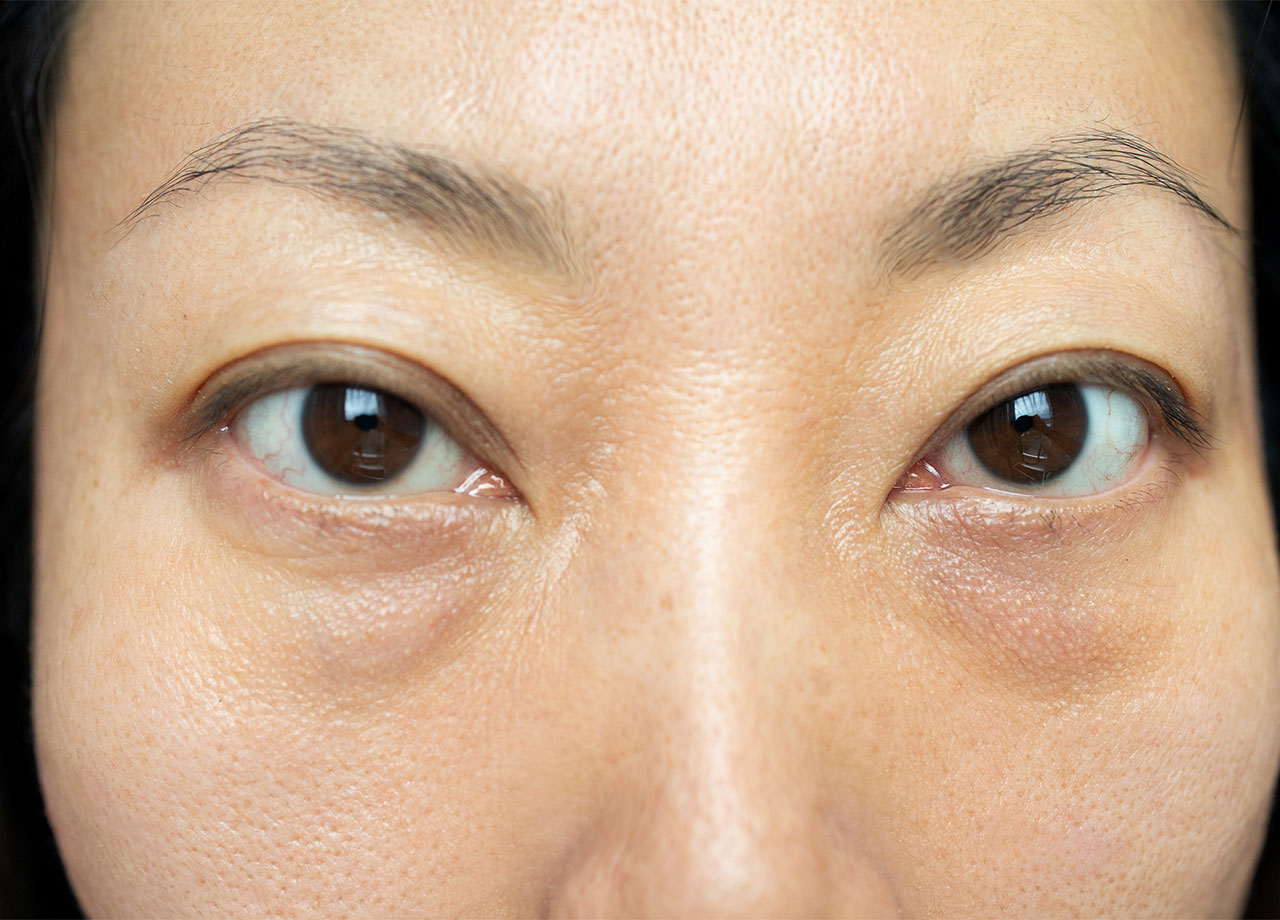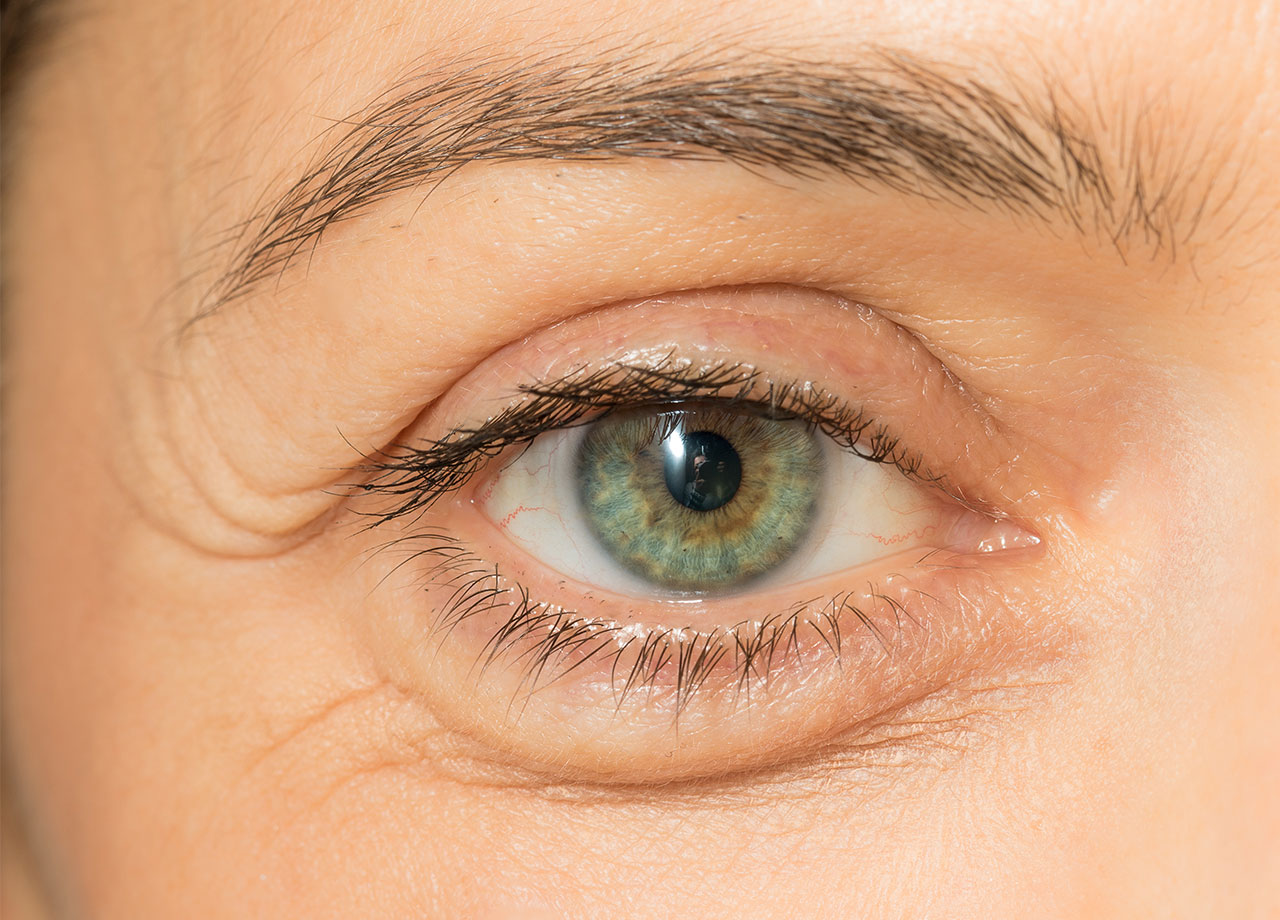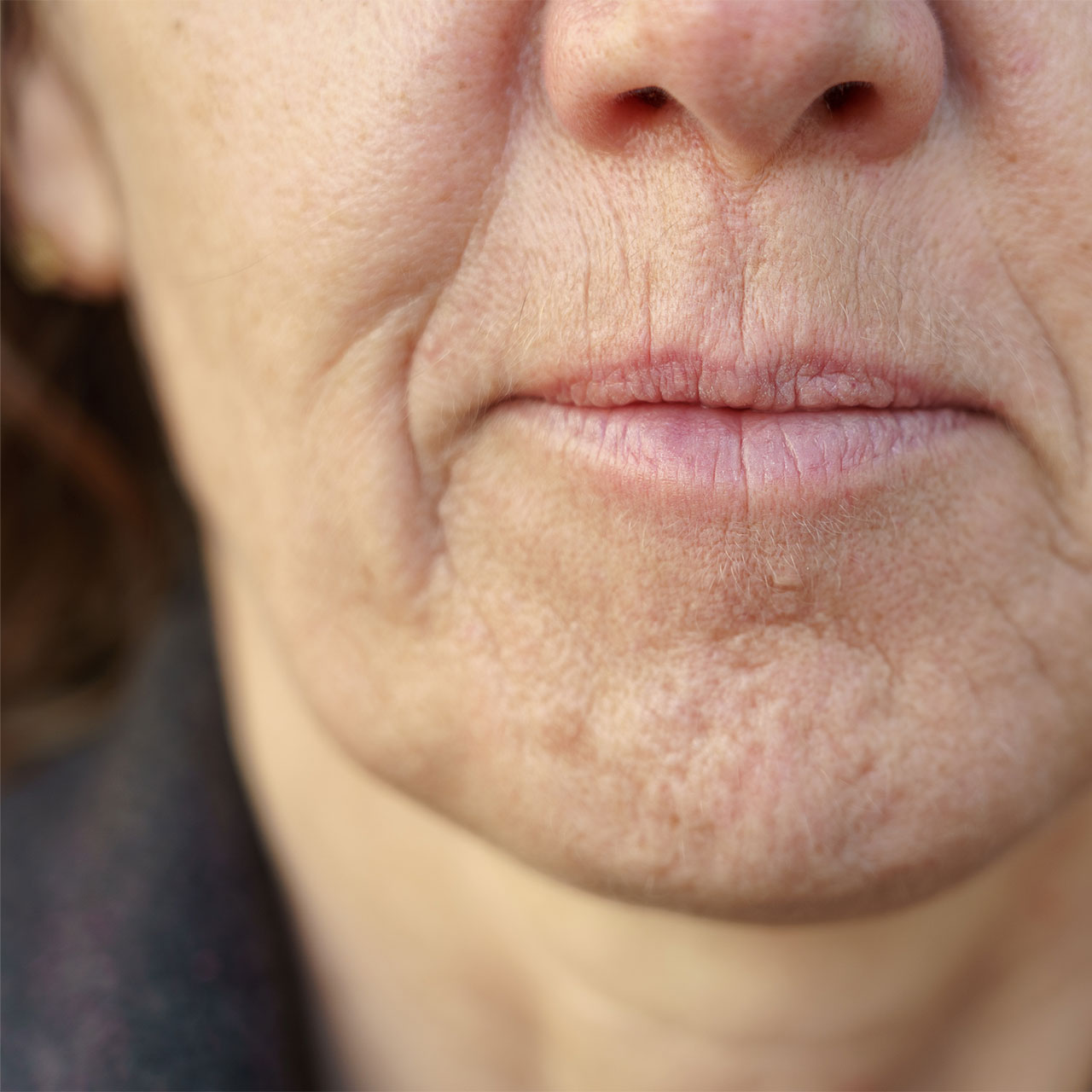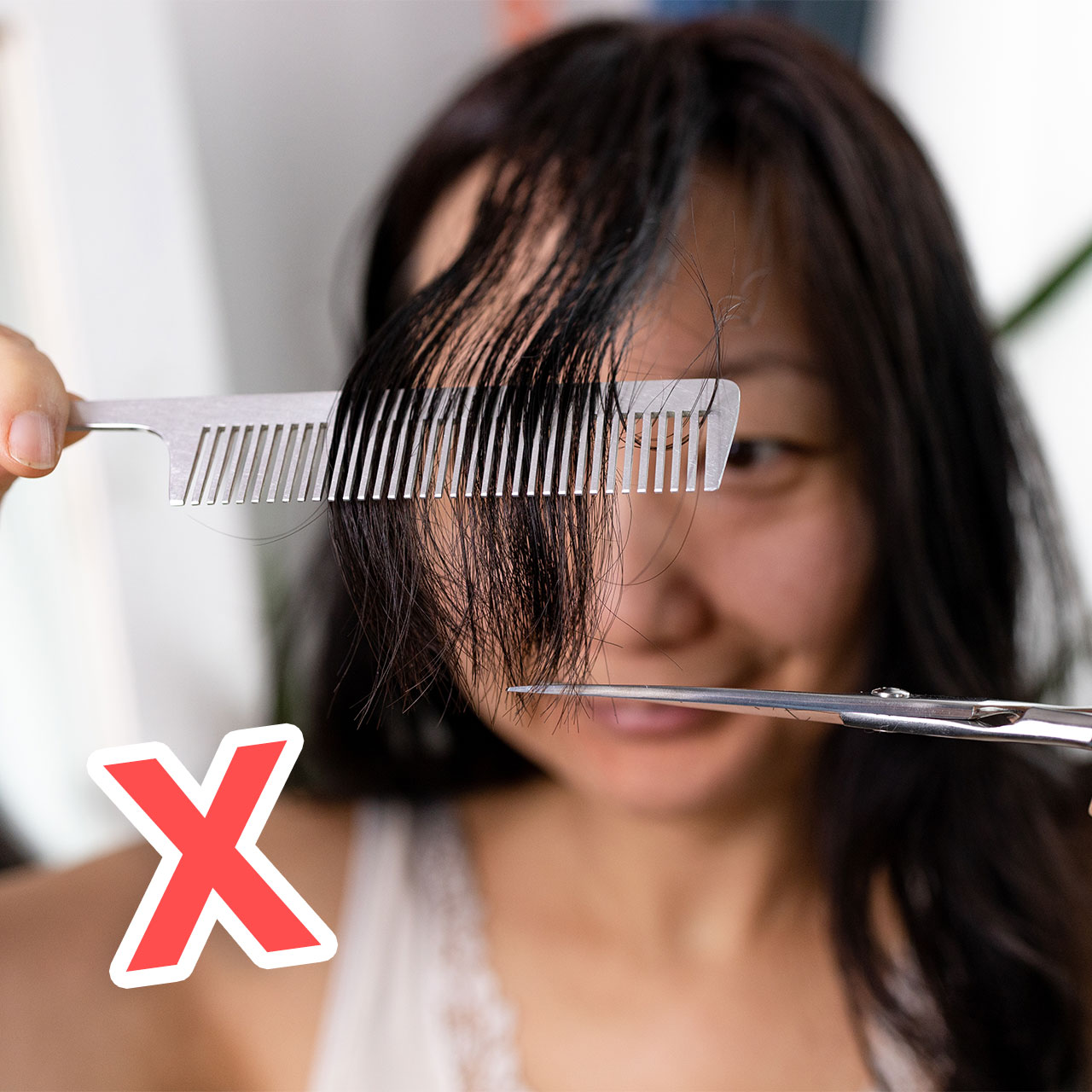f you’re one of a bazillion people who just know after you take that last bite of salty delicious take-out dinner, your eyes are going to be puffy the next morning, you’ve come to the right place. Puffy eyes are common. They’re the result of genetics, too much sodium, not enough sleep, some late-night crying sessions (hopefully related to a sad Netflix flick), or even allergies. The problem is, no matter how normal they are, no one wants them and they’re difficult to get rid of. They can also make you look tired and drag down the rest of your makeup look.
Don’t worry: we’ve got a few pro solutions that should help.
The next time you face the mirror with puffy eyes, try these term-approved tips for getting rid of puffy eyes.


Use Cold Compresses
Cold is the enemy of puffy skin. You can options here. You can create a cold compress from an actual compress that you keep in the refrigerator or use ice (wrapped in cloth so that the extreme cold doesn’t come into direct contact with your skin) or even a bag of frozen peas or a spoon. Hold the cold object against your under-eye area for about five minute and the swelling should go down.
You can even fill a bowl or your sink with cold water, drop in a few ice cubes, and dip your face into it. Your skin will “wake up” in seconds.

Topical Caffeine
Caffeine can wake up your tired eyes, too. This vasoconstrictor works by constructing blood vessels and helping reduce puffiness. Before you make your eyes a cup of coffee, don’t actually do that. Instead, brew black tea and allow the tea bags to chill in the fridge before placing them under your eyes.

Many eye creams contain caffeine as an ingredient, and this can help reduce puffiness and lessen the appearance of dark circles. Other good ingredients to look for in your eye cream include vitamin C, ginseng, and niacinamide.

Under-Eye Patches
Under-eye patches have come a long way in the last few years and many contain effective ingredients like hyaluronic acid, caffeine, green tea, and vitamin C. Keeping them in the fridge gives your under-eye area an added boost of cold that helps de-puff. When you remove the patches, you’re left with a serum that sinks into the skin to help moisturize and smoothen your under-eyes.

In-Office Procedures
If you’ve tried every over-the-counter and at-home de-puffing treatment you can think of and nothing works, you may want to explore in-office procedures. There are a few that dermatologists recommend for puffy eyes. Under-eye filler, which should only be placed by a highly skilled dermatologist or plastic surgeon, is the application of hyaluronic acid beneath the skin under your eyes to smoothen it out. It can help a great deal with puffy eyes, but it’s important that you visit a skilled and experienced injector.
Other procedures that can help include laser resurfacing, chemical peels, and even surgical options like a lower eyelid life, which is called a blepharoplasty and involves removing fat in the lower eye area and tightening the muscle to create smooth skin.
There are several good options to try if you have consistent puffy eyes. Whether you want to go the DIY route, investment in a good eye cream, or speak to a doctor about other options — you’ve got options!


























